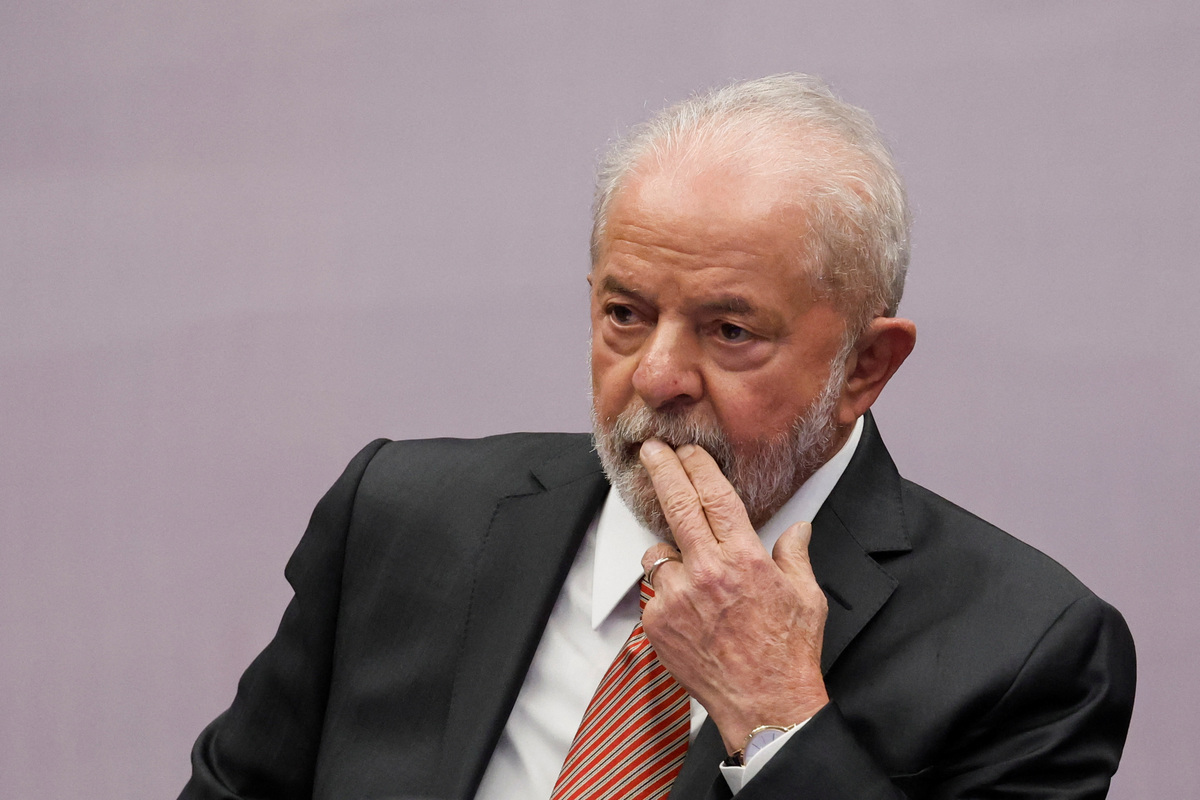
Brazilian President-elect Luiz Inacio Lula da Silva's incoming administration aims to create a new Federal Police unit focused on environmental crimes, the transition team's public security chief told Reuters.
Senator-elect Flavio Dino, widely seen as a leading candidate to be Lula's next justice minister, is running the transition team's task force addressing violent crime, limiting gun ownership and protecting the Amazon rainforest.
Lula, a leftist leader who was president from 2003 to 2010, has pledged to end illegal deforestation in the Amazon, one of the world's main buffers against climate change, after it hit a 15-year high under outgoing President Jair Bolsonaro.
Last week, Reuters reported that United States is looking to use penalties such as Magnitsky sanctions to target major deforesters and other environmental criminals, as part of a strategy to tackle climate change more aggressively.
In an interview with Reuters, Dino said the proposed new Federal Police unit would take a broad view of crimes in the Amazon, where deforestation, illegal mining, drug trafficking, money laundering and gang violence are often interlinked.
"There is now a specific complexity of environmental crimes, in which there is, a kind of combo of crimes in the Amazon. We no longer have isolated environmental crimes," he said.
"You have this sophistication and there is a transnationality, because it involves other countries in the Amazon. So the idea is a specialized unit for greater efficiency and greater articulation with neighboring countries"
Currently, environmental crimes are tackled by the Federal Police's organized crime department, Dino said. Creating a new unit, he added, would be a "practical proposal, which shows a sense of priority for this environmental issue."
Dino also said the transition team plans to repeal many of Bolsonaro's executive orders, which had encouraged illegal deforestation by making oversight more complex. During his four years in office, Bolsonaro rolled back environmental protections and pushed for more mining and commercial farming in the Amazon.
(Reporting by Lisandra Paraguassu; Editing by Gabriel Stargardter and Lisa Shumaker)







